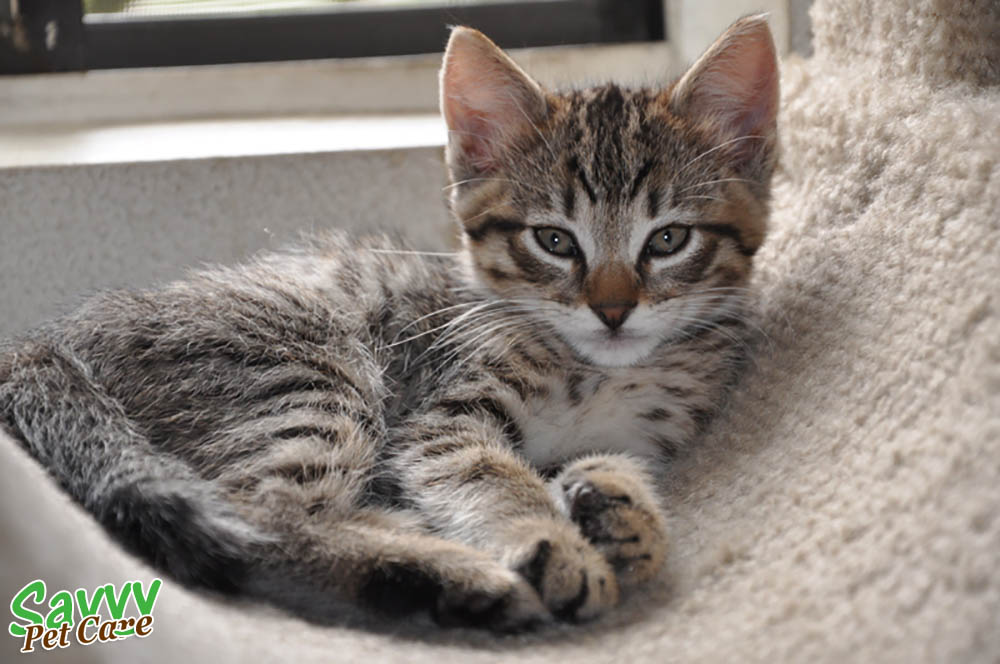When it comes to welcoming a new pet into your life, one of the first decisions you’ll face is whether to buy a purebred pet or adopt a shelter animal. Both options have their merits and challenges, and the right choice depends on your lifestyle, priorities, and values.
I’ve had several purebred pets and lots of shelter animals during my lifetime. In this post, we’ll explore the key factors to consider when making this important decision.
The Appeal of Purebred Pets
Purebred dogs and cats are popular choices for a reason. They offer predictability in terms of appearance, size, and temperament. If you have specific needs or preferences—such as a hypoallergenic coat or a certain energy level—choosing a particular breed can help ensure a good fit.
However, buying a purebred pet often comes with a higher upfront cost. Reputable breeders may charge thousands of dollars for a puppy or kitten, and it’s crucial to ensure you’re purchasing from someone who prioritizes health and ethical practices. Some purebreds are also prone to genetic health issues due to inbreeding, which can lead to higher veterinary costs down the road.
The Case for Shelter Animals
Adopting a shelter animal is a fantastic way to save money and save a life. Shelters house a diverse range of animals, from mixed breeds to purebreds, and adoption fees are generally much lower than breeder prices. These fees often include vaccinations, microchipping, and spaying or neutering, making adoption a cost-effective choice.
Perhaps the most compelling reason to adopt is the chance to give a second chance to a homeless animal. Shelters and rescues are overflowing with wonderful pets waiting for their forever homes, and adopting helps reduce the heartbreaking overpopulation problem that leads to millions of animals being euthanized each year.
Common Misconceptions
One persistent myth is that shelter animals are primarily problem pets with behavioral issues. While some may have special needs, the majority end up in shelters due to circumstances unrelated to their behavior, such as owner relocation, financial hardship, or lifestyle changes.
Another misconception is that purebred pets are not available for adoption. In reality, many breed-specific rescue organizations exist, and shelters often have purebred animals for those with a preference for a particular breed. I personally have checked into Bouvier des Flanders rescue groups and was quite surprised at the number of purebreds that were available.
Ethical Considerations
Ethical concerns play a significant role in this decision. Adopting from a shelter directly helps combat pet overpopulation. It reduces the demand for unethical breeding practices, such as puppy mills and backyard breeders. (As sad as these sources are, the only true way to combat pet overpopulation is by promoting responsible pet ownership.)
If you choose to buy a purebred pet, it’s essential to work with a responsible breeder who prioritizes health, temperament, and proper care for their animals. Supporting responsible breeders ensures that you’re not unintentionally contributing to the cycle of overbreeding or neglect.
Health and Longevity
Health is another factor to weigh. Purebred pets, while predictable in many ways, are often more prone to inherited conditions. These might include hip dysplasia, heart disease, or respiratory issues, depending on the breed. Responsible breeders should perform health testing to minimize these risks.
Mixed-breed animals, on the other hand, may benefit from hybrid vigor. This can result in fewer genetic health problems and a longer lifespan. However, every animal is unique, and routine veterinary care is essential regardless of their lineage.
Factors to Consider When Choosing Between Purebred Pets or Shelter Animals
When deciding between a purebred pet or a shelter animal, consider the following:
- Your Lifestyle: Active breeds may require more exercise, while some animals are better suited for apartment living.
- Financial Commitment: Purebred pets often come with higher initial and long-term costs.
- Experience Level: Some breeds are easier for first-time pet owners, while others require more training or care.
- Age Preference: Shelters often have puppies, kittens, and older animals, giving you more flexibility to match your needs.
Resources for Finding Your New Pet
If you’re leaning toward a purebred pet, make sure to do your research. Seek out reputable breeders who can provide health clearances and allow you to visit their facilities. Avoid purchasing animals from online ads or pet stores that may source from puppy mills. Check out the details below.
For those interested in adoption, local animal shelters and rescue organizations are excellent starting points. Websites like Petfinder or Adopt-a-Pet make it easy to search for adoptable pets in your area, including specific breeds. Breed-specific rescues are another great option for those with their heart set on a particular breed.
How to Know If You Are Dealing with a Reputable Breeder
If you’ve decided to purchase a purebred pet, finding a responsible breeder is critical to ensuring you bring home a healthy, well-cared-for animal. Here are key signs that indicate you’re dealing with a reputable breeder:
- They Prioritize Health and Temperament
- A good breeder conducts health screenings for genetic conditions common to the breed, such as hip dysplasia or heart disease.
- They are transparent about the results of these tests and can provide documentation upon request.
- Temperament is also a focus—they carefully match their animals to the right homes based on personality and energy level.
- They Invite You to Visit
- Reputable breeders welcome you to visit their facilities and meet the animals.
- You should see a clean, well-maintained environment where the animals are treated with care and have plenty of space to move around.
- Beware of breeders who won’t let you visit or offer to meet in a neutral location like a parking lot.
- They Ask You Questions
- A responsible breeder wants to ensure their animals go to good homes, so they will ask questions about your lifestyle, experience with pets, and plans for the animal’s care.
- They are not looking to make a quick sale but are invested in finding the best fit for their animals.
- They Provide References and Support
- They can provide references from past buyers, veterinarians, or breed clubs.
- A good breeder will also offer ongoing support, answering your questions and providing guidance throughout your pet’s life.
- They Have a Limited Focus
- Reputable breeders typically focus on one or two breeds and are deeply knowledgeable about them.
- They breed animals selectively and do not have litters available year-round. This demonstrates they are prioritizing the health and well-being of their animals, not mass-producing for profit.
- They Are Affiliated with Breed Organizations
- Look for breeders who are members of recognized breed clubs or organizations, such as the American Kennel Club (AKC) or The Cat Fanciers’ Association (CFA).
- Membership in these organizations often requires adherence to ethical breeding standards.
- They Offer a Contract
- A reputable breeder provides a detailed contract outlining the responsibilities of both the buyer and the breeder.
- The contract may include clauses about spaying/neutering, returning the animal if you can no longer care for it, and health guarantees.
- They Avoid Overpromising
- Beware of breeders who claim their animals are completely free of health issues or guarantee specific traits like size or temperament.
- A responsible breeder will acknowledge the possibilities of inherited conditions and discuss the steps they’ve taken to reduce the risks.
By working with a reputable breeder, you’re not only giving yourself the best chance of bringing home a healthy and happy pet, but you’re also supporting ethical breeding practices that prioritize animal welfare.
Conclusion
Choosing between a purebred pet and a shelter animal is a deeply personal decision. Both options can lead to a loving and rewarding relationship, as long as you’ve done your research and are prepared for the responsibility of pet ownership. By considering your lifestyle, finances and values, you’ll be well-equipped to make the best choice for you—and your future companion.
Remember, whether you adopt or buy, the most important thing is to provide a loving, stable home where your new pet can thrive.


























